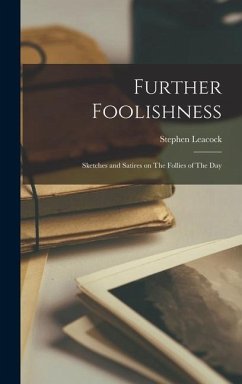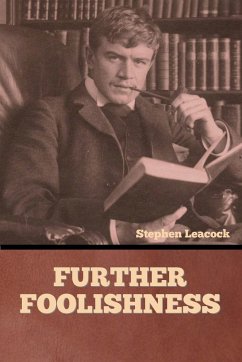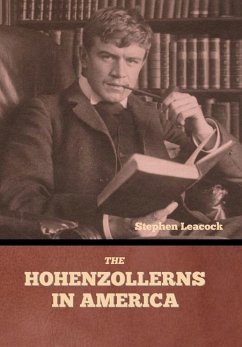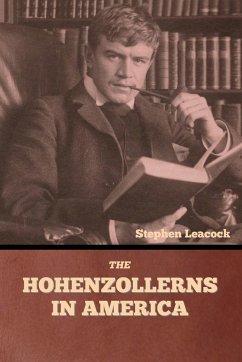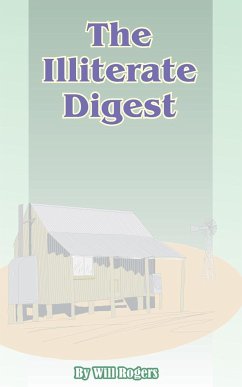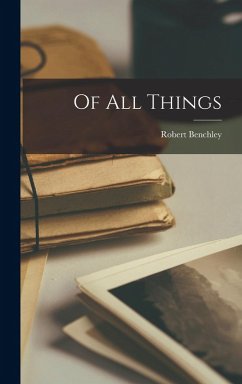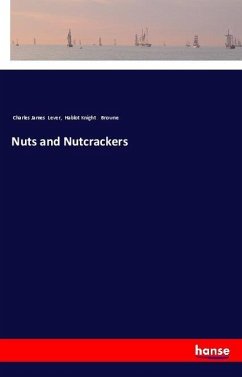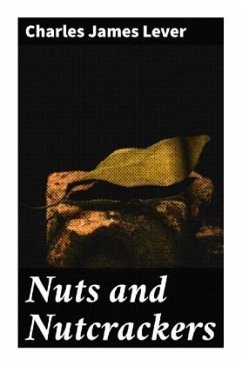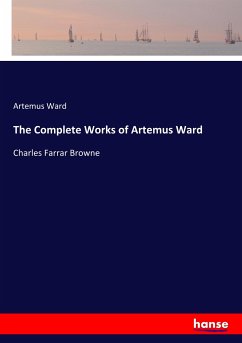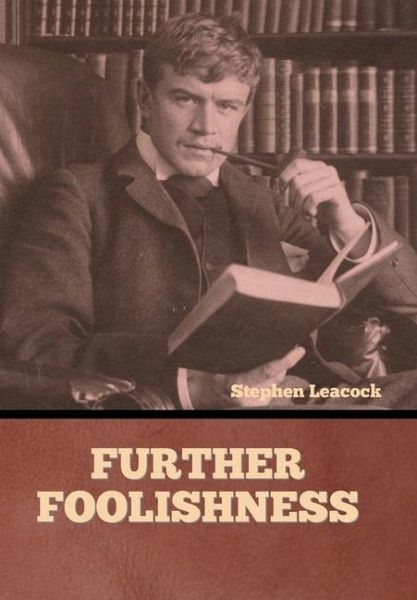
Further Foolishness
Versandkostenfrei!
Versandfertig in über 4 Wochen
25,99 €
inkl. MwSt.
Weitere Ausgaben:

PAYBACK Punkte
13 °P sammeln!
Stephen Leacock was enormously popular in the first half of the twentieth century. "Further Foolishness" was published in 1916 and, while some sections show their age and have lost their effectiveness, it still has the capacity to entertain a modern reader. It is divided into four topical sections: "Follies In Fiction", "Movies and Motors, Men and Women", "Peace, War, and Politics" and "Timid Thoughts On Timely Topics". These can be read in any order. The third section is the weakest and the humour is dated. On the other hand, it has a historical and cultural significance. There are some es...
Stephen Leacock was enormously popular in the first half of the twentieth century. "Further Foolishness" was published in 1916 and, while some sections show their age and have lost their effectiveness, it still has the capacity to entertain a modern reader. It is divided into four topical sections: "Follies In Fiction", "Movies and Motors, Men and Women", "Peace, War, and Politics" and "Timid Thoughts On Timely Topics". These can be read in any order. The third section is the weakest and the humour is dated. On the other hand, it has a historical and cultural significance. There are some essays which certainly stand out. "Are The Rich Happy?" is still very funny. "the Snoopopaths" is a satire lampooning popular pulp novels of the time. Particularly interesting is " Madeline of the Movies: A Photoplay done back into words". Here Leacock is satirising the old silent morality film-short of the type created by D.W.Griffith and his Biograph company. We can still read this sketch with considerable pleasure. But one should remember that we tend to see such films as naive and antiquated. But Leacock was actually dealing with a state-of-the-art technology when he wrote it. He refers to it as "a moving picture photoplay". So there is an additional layer to the satire which we may miss entirely. The final piece in the book is an interesting essay "Humour as I See It" which is well worth reading. Thus, many of the essays in the book show their age, but they also reveal what people found funny nearly a century ago. At the same time there are a fair number of genuinely humorous pieces which still work. Considering that "Further Foolishness" is in the public domain and available free from Project Gutenberg, it is well worth reading. (Richard) About the author: Stephen P. H. Butler Leacock FRSC (30 December 1869 - 28 March 1944) was a Canadian teacher, political scientist, writer, and humorist. Between the years 1915 and 1925, he was the best-known English-speaking humorist in the world. He is known for his light humour along with criticisms of people's follies. Early in his career, Leacock turned to fiction, humour, and short reports to supplement (and ultimately exceed) his regular income. His stories, first published in magazines in Canada and the United States and later in novel form, became extremely popular around the world. It was said in 1911 that more people had heard of Stephen Leacock than had heard of Canada. Between the years 1915 and 1925, Leacock was the most popular humorist in the English-speaking world. A humorist particularly admired by Leacock was Robert Benchley from New York. Leacock opened correspondence with Benchley, encouraging him in his work and importuning him to compile his work into a book. Benchley did so in 1922, and acknowledged the nagging from north of the border. Near the end of his life, the US comedian Jack Benny recounted how he had been introduced to Leacock's writing by Groucho Marx when they were both young vaudeville comedians. Benny acknowledged Leacock's influence and, fifty years after first reading him, still considered Leacock one of his favorite comic writers. He was puzzled as to why Leacock's work was no longer well known in the United States. His works can be described as a balancing act between cutting satire and sheer absurdity. He also wrote extensively on his chosen fields of study, political science and political economy. Leacock was professor, but in his works he reflected with wit and ingenuity on everyday situations. ... (Wikipedia.org)





